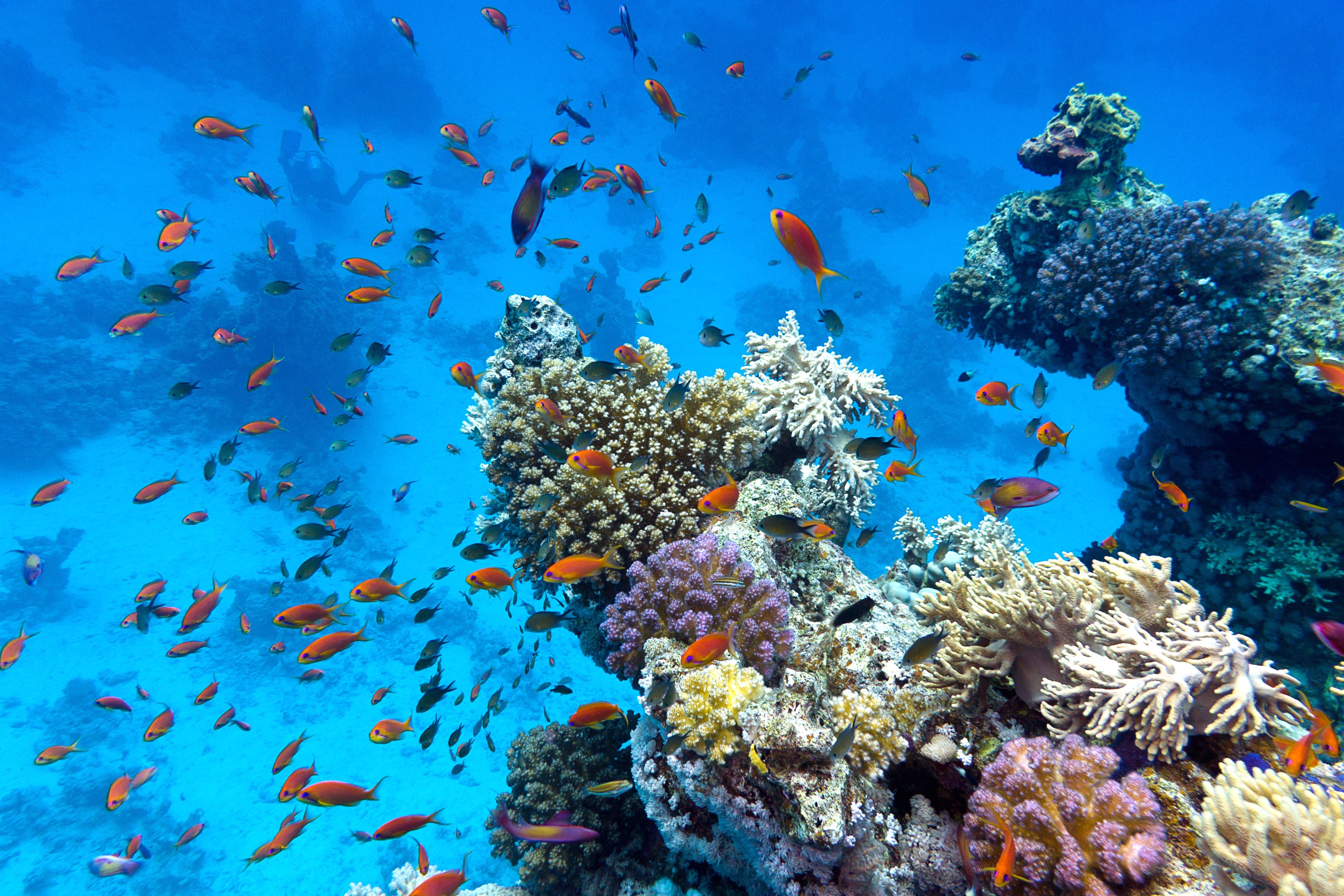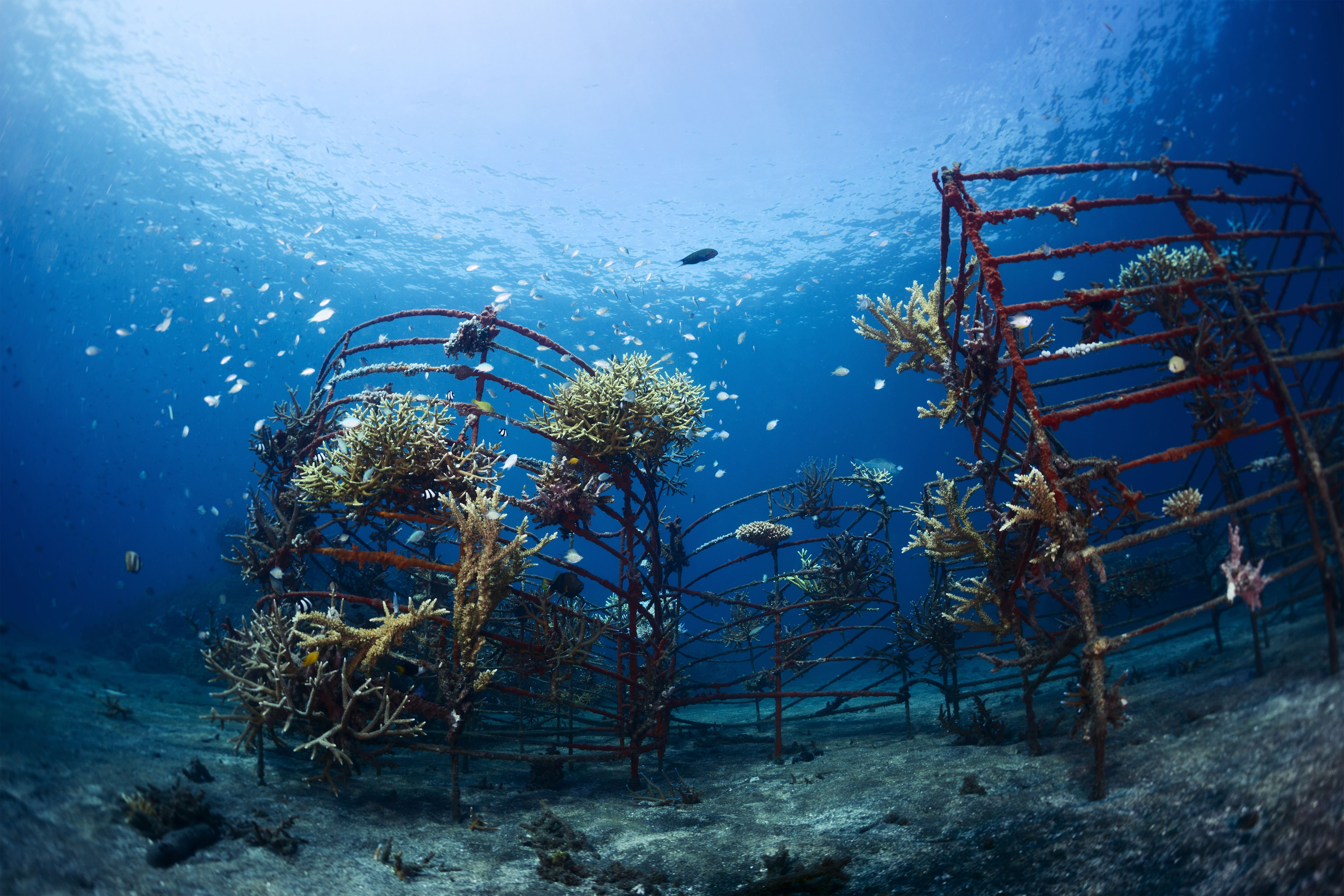Ethical reefkeeping
As a dominant species on our planet we have an implicit obligation to safeguard and protect it, not just for future generations but for the future of life itself.
Every organism is tasked with reproducing its genes to continue their survival. Each animal we take from the ocean removes that animal’s unique genetic chance from the wild. It makes those genes extinct. In an age when our coral reefs are under immense destructive pressures from man-made and environmental changes every single wild organism is needed to increase their chance of survival.
Every reefkeeper damages our coral reefs
But sometimes a little damage can do a lot of good
Supporting livelihoods
Very few fish and coral keepers catch their fish themselves. Wild aquarium animals are often caught by local fishermen in parts of the world where the aquarium export trade supports entire communities.
When a resource is valuable to a community they look after it to safeguard their own futures. Exploitation to the point of destruction benefits no one. Poorer fisherman are trapped into overfishing, using unethical and destructive techniques, and taking extreme personal risks in order to provide for their families. The number of animals they can catch to sell directly translates into their food and shelter. If we take away their trade we take away their livelihood.


How can you help?
A common green chromis can fetch less than 1 cent each to a local fisherman. To the fisherman it is not worth his time or money to carefully check each fish is healthy, keep them in clean water in suitable group sizes and rest them frequently.
If that green chromis was worth 10 cents to the fisherman he could afford to catch nine less for each batch he sells to his wholesaler. That leaves nine more fish in the reef, or 90%. In reality he would probably catch eight fish and earn more money. The crucial difference is that as a fish becomes more valuable to the fisherman he can afford to spend more time looking after it, and looking after the reef it was caught on. His actions change from fishing to exploit the resource to fishing to manage it. That benefits everyone, including the reef, in exchange for you paying a small increase at your retailer.
As the quality of fish care increases to secure the best price for the fisherman, the number of animal losses throughout the export-import process decreases as more animals survive in good health. That directly reduces demand and directly reduces the number of fish taken from the reef. It should be unacceptable to any reefkeeper if a single wild fish dies purely for the sake of a few cents. Ask your retailer where their wild fish are sourced from. If they cannot tell you the whole supply chain then walk away. Demand ethically sourced fish.
How does that benefit the reef?
A resource that is managed is looked after. A resource with no financial value is ignored.
In many parts of the world people cannot afford the luxury of looking after their environment for the sheer enjoyment or for ecological reasons. Earning a livelihood is their luxury. By increasing the value of local coral reefs we can protect them and allow their guardian communities to thrive.
As communities prosper they can afford to be more aware of their environmental impact. For example when your choice is between pumping sewage onto reefs or dying from disease it is an easy choice to make. When you can afford to build a treatment pool you have more choices.
It's not all about the fishermen
Well managed fisheries have been used with commercial food fishing for decades and have proven to increase the number and diversity of animals on their local reefs. But fish are only a part of reefkeeping. Corals take much longer to reproduce and are less adaptable to changing local conditions: A fish can swim to a new area, a coral cannot.
However corals do have one evolutionary advantage over fish – many can reproduce both sexually and by fragmentation. If a single wild coral is propagated either commercially or in a hobbyist’s aquarium and fragments are sold on or shared with other reefkeepers then that reduces the number of animals taken from the reefs. It also ensures that those corals that can adapt to captivity are able to continue to thrive in their new environments. It is possible to buy most corals now that are propagated instead of being taken from the wild.
Pay a little, get a lot
Commercially propagating corals in captive environments is expensive. Water costs money and needs to be kept pristine. Intensive lighting uses electricity. It is not a sustainable method. Whilst reefkeepers sharing captive corals does reduce the number of wild corals being taken, it does nothing to protect the reefs from exploitation.
Instead corals can be commercially farmed in protected areas on or off the reef, in oceans where the water and lighting are provided by nature, in a process known as mariculture. Instead of taking an entire wild coral for sale, fragments are taken and grown on to maturity in managed farms. This leaves the wild coral on the reef where it belongs. These farmed corals can then be propagated themselves resulting in hardy corals for sale that are better adapted for the stresses of captive life with little to no ongoing impact on our wild reefs.
Maricultured corals cost a little bit more than wild corals, but they are the only sustainable method of providing corals for captive reefkeeping. As with fish, managed coral farms create a valuable resource for local communities. The more maricultured corals we buy, the more benefit local communities will find in looking after the natural resources they have been blessed with.
Coral reefs are the rainforests of the ocean
The diversity of life on our coral reefs is amongst the highest on earth. They are an unparalleled natural resource that we are only just beginning to explore and understand. Reefkeepers are privileged to be able to observe and experience a small part of that diversity, and as the knowledge and techniques for helping these animals live in captivity improves so does our ability, and our responsibility, to help ensure that these animals will continue to thrive in the wild.
Reefkeeping needn't cost the Earth
Buy responsibly sourced fish
Demand sustainably caught fish and improve the lives of local fishermen and their communities. Only buy fish you are able to care for.
Buy propagated corals
Avoid buying wild corals. Buying maricultured corals has a positive effect on our coral reefs.
Share and learn
Learn from experienced reefkeepers and share your own knowledge with others. Help to improve the hobby for the benefit of all.
